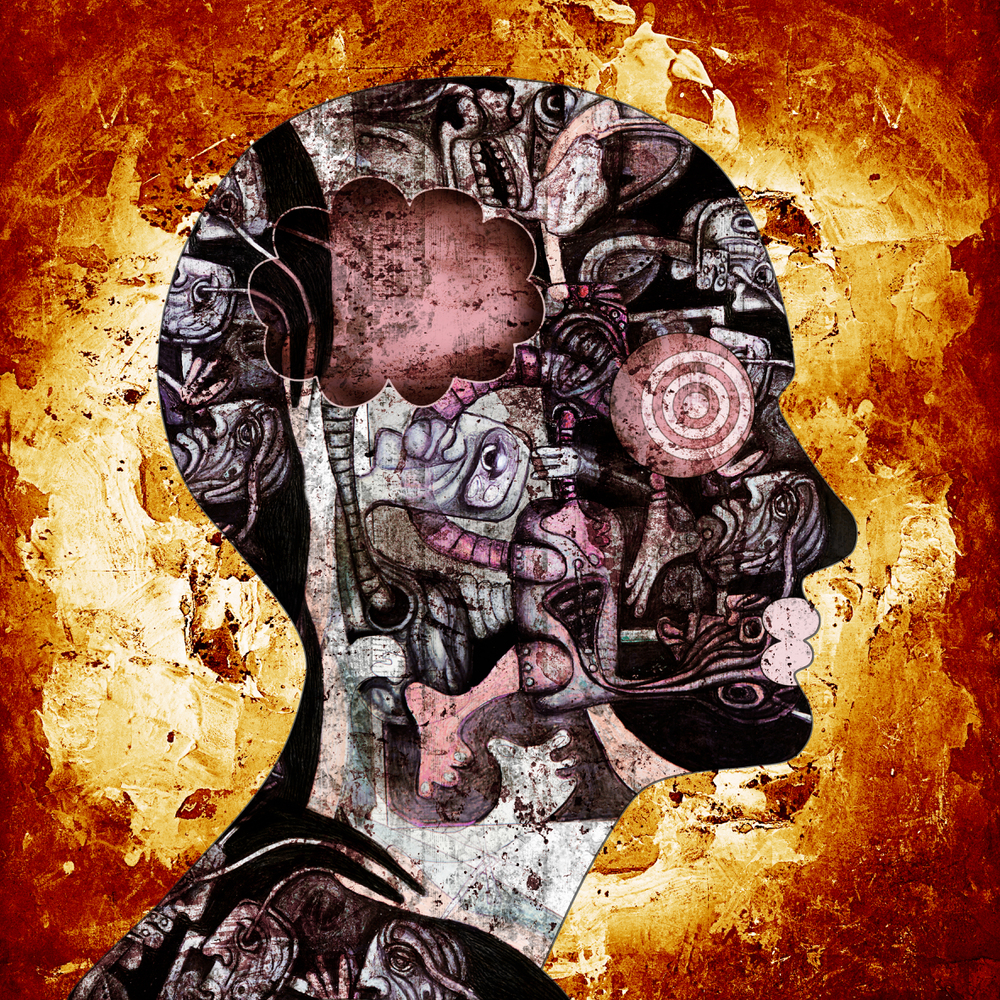A review of nearly 700 personal accounts of psychosis shows that people rarely reduce their experiences to medical symptoms. Many describe them in terms of spirituality, trauma, or cultural traditions.
The study, published in Schizophrenia Bulletin Open by researchers at the University of Nottingham, the University of Birmingham, Osaka University, and Nord University, warns that mental health care can cause harm when it dismisses these explanations as irrelevant.
For much of psychiatry’s history, psychosis has been treated as a meaningless symptom of illness. Yet the team—led by Benjamin-Rose Ingall, Merly McPhilbin, Felix Lewandowski, Yasuhiro Kotera, Gerald Jordan, Mike Slade, and Fiona Ng—shows that these experiences can be central to identity, especially when they carry spiritual or cultural significance.
“To dismiss the lived experience narratives as invalid,” the authors write, “is a form of epistemic injustice.”















